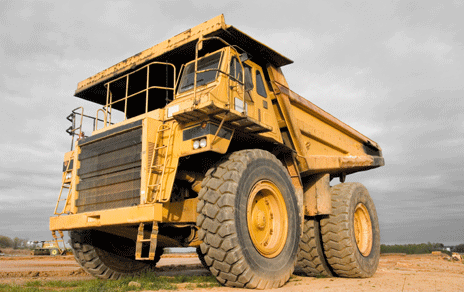The London Metal Exchange (LME) plans to launch a new mechanism to establish how much of a premium customers are willing to pay for metals produced with lower carbon and that meet other sustainability standards, it said on Monday.
Some miners have complained their metals produced with renewable energy are not able to compete with cheaper output produced using coal.
The LME, the world’s oldest and largest market for industrial metals, has previously rejected introducing separate sustainable metals contracts on the exchange, arguing it would dilute liquidity.
Many end users have resisted paying more for sustainable products and for some metals there may not be a premium, chief executive Matthew Chamberlain told Reuters.
Potential zero premium
“If there isn’t a sustainability premium, I think we would be absolutely happy to publish a number of zero,” he said in an interview for industry gathering LME Week.
“And I think it’s really important knowing that there isn’t a premium as knowing that there is one.”
Under the new initiative, targeted to start operating in the first quarter of next year, the LME will expand an existing partnership with digital platform Metalshub, which already trades low-carbon nickel.
LME brands of copper, aluminum, nickel and zinc will be eligible for trading on a sustainable section of Metalshub if they meet a range of sustainable standards.
These include maximum carbon footprints and third-party sustainability standards, based on internationally recognized methodologies, the LME said.
The exchange’s parent company, Hong Kong Exchanges and Clearing Ltd., has launched a new company based in Dubai to independently establish the premium prices.
If not enough trades are conducted on Metalshub, bids, offers and assessments would be calculated by the new firm – Commodity Pricing and Analysis Limited.
Since March last year, 488 metric tons of low-carbon nickel have been traded on Metalshub, the LME said.
The 148-year-old LME has published a discussion paper on the methodology it plans to use to determine the premium prices.
Frank Jackel, managing director of Germany-based Metalshub, said the initiative would boost volumes on the platform with the addition of major metals copper and aluminum.
“This is aligned with our vision that more and more trading will in the long run be happening over digital platforms and spot trading venues like ours,” he told Reuters.
“Markets need to become more efficient and less old-fashioned when you trade over the phone and by email.”
(By Eric Onstad; Editing by Susan Fenton)


